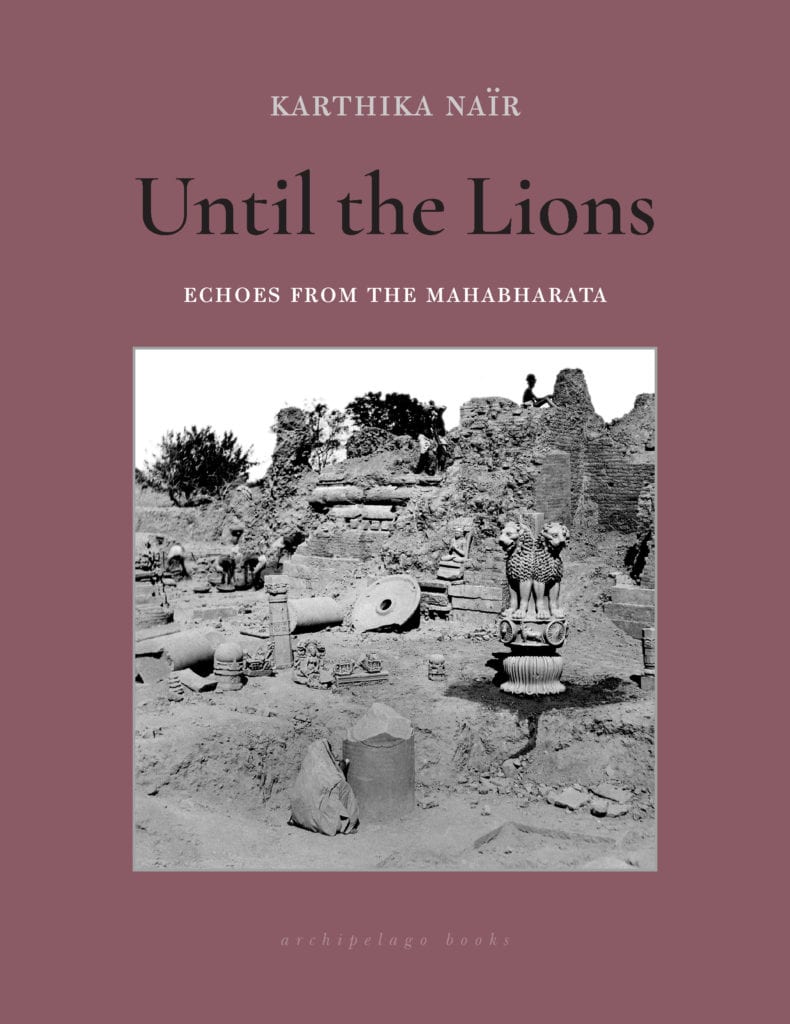Review of The Expedition to the Baobab Tree from TLS
A Name for Everything
ELIZABETH LOWRY
Wilma Stockenström
THE EXPEDITION TO THE BAOBAB TREE
Translated by J. M. Coetzee
220pp. Archipelago. Paperback, £12.99 (US $18).
978 1 935744 92 4
Published: 22 April 2015
The South African poet Wilma Stockenström published this powerful, brief narrative about slavery in Afrikaans in 1981. J. M. Coetzee’s tersely brilliant English translation, which first appeared two years later, carries a tremendous lyrical charge.
The story, which is set somewhere in southern Africa at an unspecified date in the past, is vestigial; the impact is all in the telling. Stockenström’s nameless female narrator is a former slave who finds herself alone in the veld, where she seeks refuge from the elements in the hollow of a baobab tree. Her day-to-day struggle to survive is the vehicle for a rich meditation on her past life; on enslavement, freedom and identity. Having been sold into slavery as a young girl, she becomes the sexual companion to a series of wealthy owners in a harbour city on the eastern coast. She is given an education to allow her to converse intelligently with her masters – and her knowledge of poetry lends credibility to the densely patterned texture of her speech – but as a slave she is without a language or purpose of her own: “we were all one woman, interchangeable, exchangeable”. She bears children but they are taken away from her as soon as they are weaned, reinforcing her sense of disconnectedness from her body. When her third owner, an explorer, takes her with him on a journey inland in search of a lost city, then abandons her as the expedition fails, she is at last completely isolated.
Sheltered in the hollow of the baobab, Stockenström’s narrator arrives at a peculiar independence. For the first time in her life, her time and body are her own. Her rhapsodic observations often achieve the heightened quality of poetry, whether she is recalling her years in bondage or noting something as simple as an aloe that “sucks the blood up out of the earth and wears it gaudily in a cluster of red knobs, splendid against the clear blue sky”. This unexpected freedom brings her a new understanding of her own history: “Now I have a name for everything: slave, castration, commerce, coastal city, sea, forced labour. Yes, now I have it all”. The narrator’s self-possession comes too late, however – it will be impossible for her to remain alive for long in the hostile climate of the veld. Coetzee’s tightly paced, restrained rendering of a complex text gives due weight to every word. It should ensure that Stockenström’s compelling picture of suffering and loss becomes a classic in English as well as Afrikaans.

